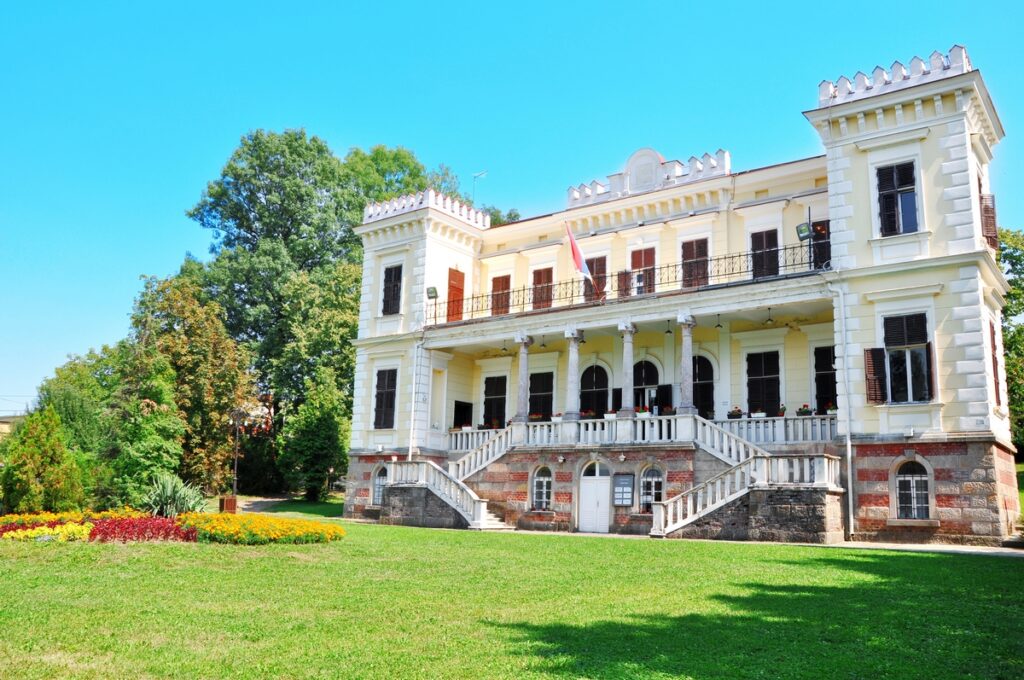A century of shared life has turned a small refugee colony into an inseparable part of Vrnjačka Banja’s identity

When the first Armenian refugees arrived in the gentle valley of Vrnjačka Banja in the spring of 1922, few could have imagined that their small community would become a lasting part of this Serbian spa town’s identity.
After the horrors and displacement of the First World War and the 1915 genocide, about forty Armenians were given the chance to begin a new life in Serbia. With the support of King Alexander I Karađorđević, they were granted the right to lease land and create homes and trades that would sustain their families.
“We were welcomed as brothers, without suspicion or hesitation,” recalls one of the preserved memories from that time. From those homes, friendships grew, marriages were formed, and businesses thrived, blending naturally into the life of Vrnjačka Banja. Over time, the Armenians became renowned for their skills as craftsmen, merchants, and hosts, bringing warmth and a distinctive culture to the town.
From exile to belonging, the Armenians of Vrnjačka Banja built a quiet legacy of resilience and gratitude
In 2022, exactly one century after the first Armenian colony arrived, the town was filled with gratitude and remembrance. At the Belimarković Cultural Castle, an exhibition showcased original photographs and documents from the 1920s. Black-and-white portraits of the first families, old passports, land lease contracts, and images of their descendants who still live in the spa today were displayed. The connection with Armenia was renewed — Ambassador Ashot Hovakimian and the President of the Municipality, Boban Đurović, joined Čedomir Artinović, a descendant of one of the original families, who presented the newly formed association “Vrnjački Jermeni”.
“This is a story of gratitude and resilience,” said one of the organisers. “Our grandparents arrived here with nothing but hope. And today, one hundred years later, we gather not only to remember but to continue contributing to this place.”
The memory of the Armenian genocide and the tragedy of 1915 remains an integral part of the community’s identity. Each year, Armenians in Vrnjačka Banja, together with their compatriots across Serbia, commemorate 24 April — the day of remembrance for the victims. But here, that remembrance carries a local tone: the story of finding a new homeland where people opened their hearts.
Today, the descendants of those first settlers are fewer in number, yet their bond with their roots remains strong. The association “Vrnjački Jermeni” preserves archives and photographs, brings families together, organises cultural events, and helps young members stay connected to their dual identity — both Serbian and Armenian. Their story is not just a footnote in local history; it is a reminder that solidarity can transform destinies.
For Vrnjačka Banja, these people are no strangers. They are neighbours who have built everyday life together for a century, weaving the spirit of enterprise and warmth into the spa’s character. Their presence endures quietly but firmly — a bridge between two cultures, born not of grand political gestures but of human acceptance and the courage to start anew.